“My surroundings were jumbled and I smelled something strange,” recalls my brother, a high school freshmen, just before he collapsed. He awoke to a blur of administrators and paramedics. The whole event was surreal.
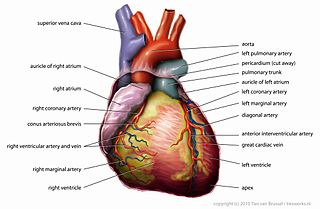
It started on August 4, 2011. The day went from a normal high school orientation to the senior principal asking me, “Is Mohamed Osman your brother?” After seeing an ambulance outside of the school and hearing all the whispers of people reporting that a freshman fainted, I knew exactly what was going on.
The ambulance took us to Children’s Hospital, during which the paramedics kept repeating, “We saw something abnormal with his heart beat.” I shook it off, thinking, it’s probably exhaustion attributed to lack of sleep and fasting in the Islamic holy month of Ramadan.
They took my little brother for an MRI to look at his heart. They then discharged him from the hospital. Everything seemed back to normal, until 8 pm that night when we were called and instructed to bring my little brother to the hospital once again.
We found out that my brother had been the one in a million to survive an arrhythmia, which is defined by National Heart Lung and Blood Institute (NHLBI) as a problem with the rate or rhythm of the heartbeat.
The doctors told him to wear a holter monitor, which is a device that monitors the electrical activity in the heart. He kept this on for a day and just went about normal activities. The holter monitor confirmed that he had atrial fibrillation or, more commonly, afib.
Atrial fibrillation is the most common type of abnormal heart rhythm. According to the American Heart Association, 2.7 million Americans are diagnosed with atrial fibrillation.
Furthermore, NHLBI says that the heart beating too fast is due to disorganized electrical impulses that cause the heart to shake instead of the regular heart contractions This shaking is literally as though the heart is vibrating. In afib, blood begins to pool and cause a blood clot that can travel up to the brain and cause a stroke.
Generally, afib is extremely rare. Some cases of afib are linked to genetics. Usually a-fib is found in older people, because as we age the muscle tissues in the heart weaken.
The next step was for Mohamed to have surgery, a procedure called intracardiac electrophysiology study. This is a one-day procedure. This surgery views the heart’s function, checking for abnormal heart beats and rhythms. It involves placing wire electrodes in the heart and measuring the electroactivity in the heart and the muscles. The doctor said that my brother should be fine, but if his chest felt uncomfortable he should immediately seek medical attention.
After the procedure my brother looked like he saw a ghost. It took him one week to recover from the surgery, but luckily there are no limitations for him. He still must receive check-ups yearly to see if his heart is doing well.
| Related stories: Surviving a Sudden Cardiac Arrest; Michael Jackson: Heart Attack or Cardiac Arrest?; Emergency Medicine from a Teen's View |
My brother said that this event has changed his life. “I am more conscious of what I eat, but I still feel like a normal person because my afib only happens in episodes; not an everyday thing. But I am keeping away from junk [food] and all, so that I keep my heart healthy.” He has tried to become more physically active.
If the paramedics hadn't been called, we would have assumed my brother's body had shut down from lack of sleep and food. My brother's episode was a series of events and if all hadn't been in place he would not know that he was living with this heart condition. Fowzia Osman

This work is licensed under a Creative Commons Attribution-NonCommercial-NoDerivs 3.0 Unported License


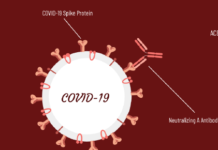
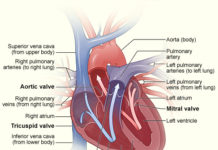
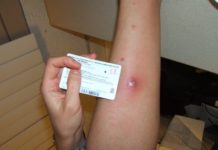
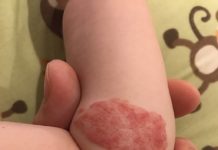
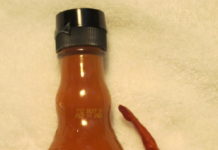
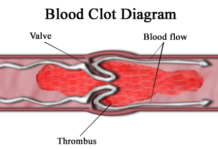






:smile:smile
Good job, Fo!
Nice Job dude lovely story,tell your brother to keep up the good work
I Like this article about watching your heart. It tells you about what the heart does and how its helps the body and what cause the kids to die .
This article tells you about how the kids died from cradactarrest.
I like the last paragraph the most… how after being on this rough medical journey, it all is a blessing to watch his heart.
This is so sad, I hope it never happens to your family again.
This is so sad. i hope this gets better, and i hope it dont happen again.